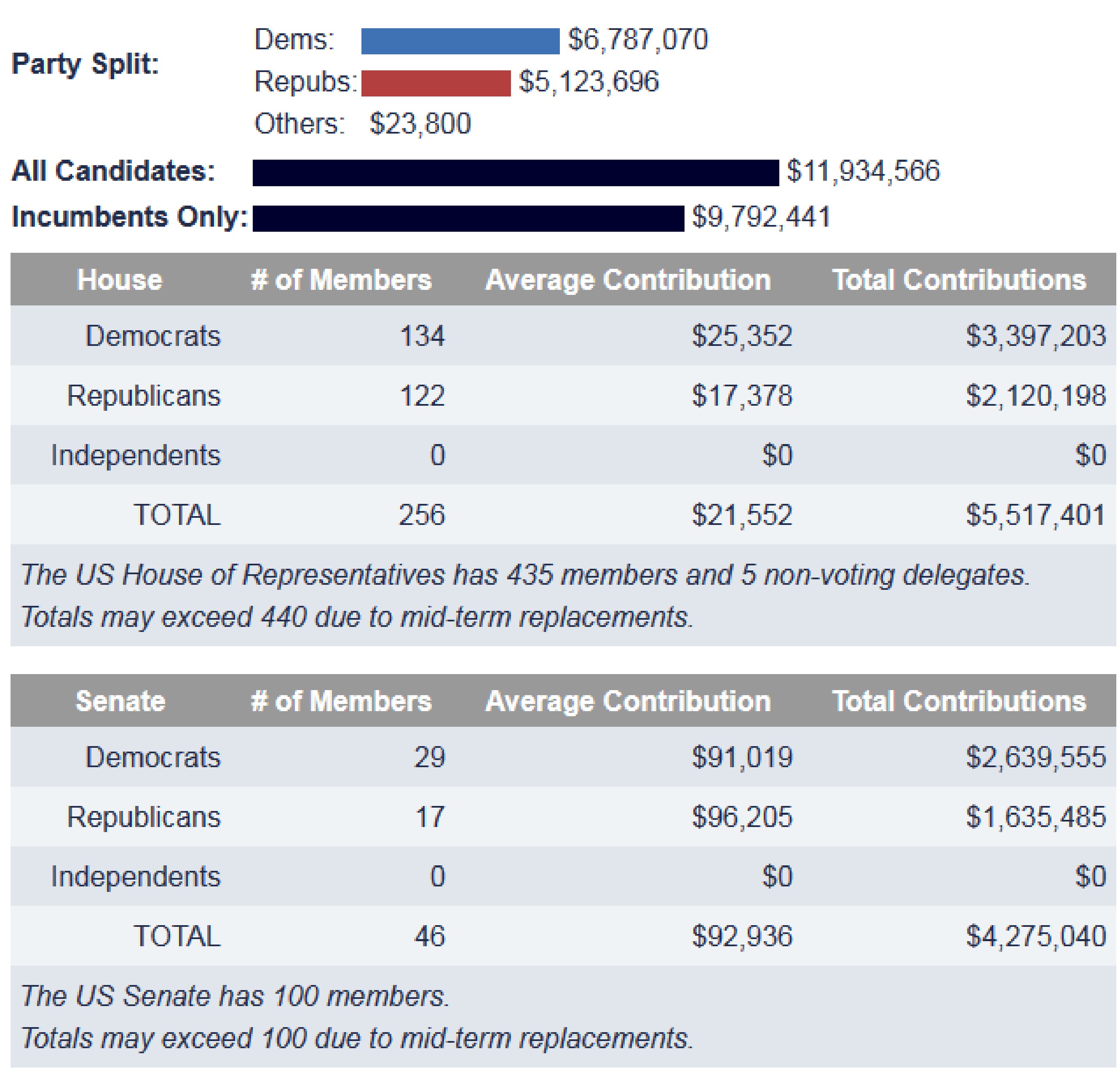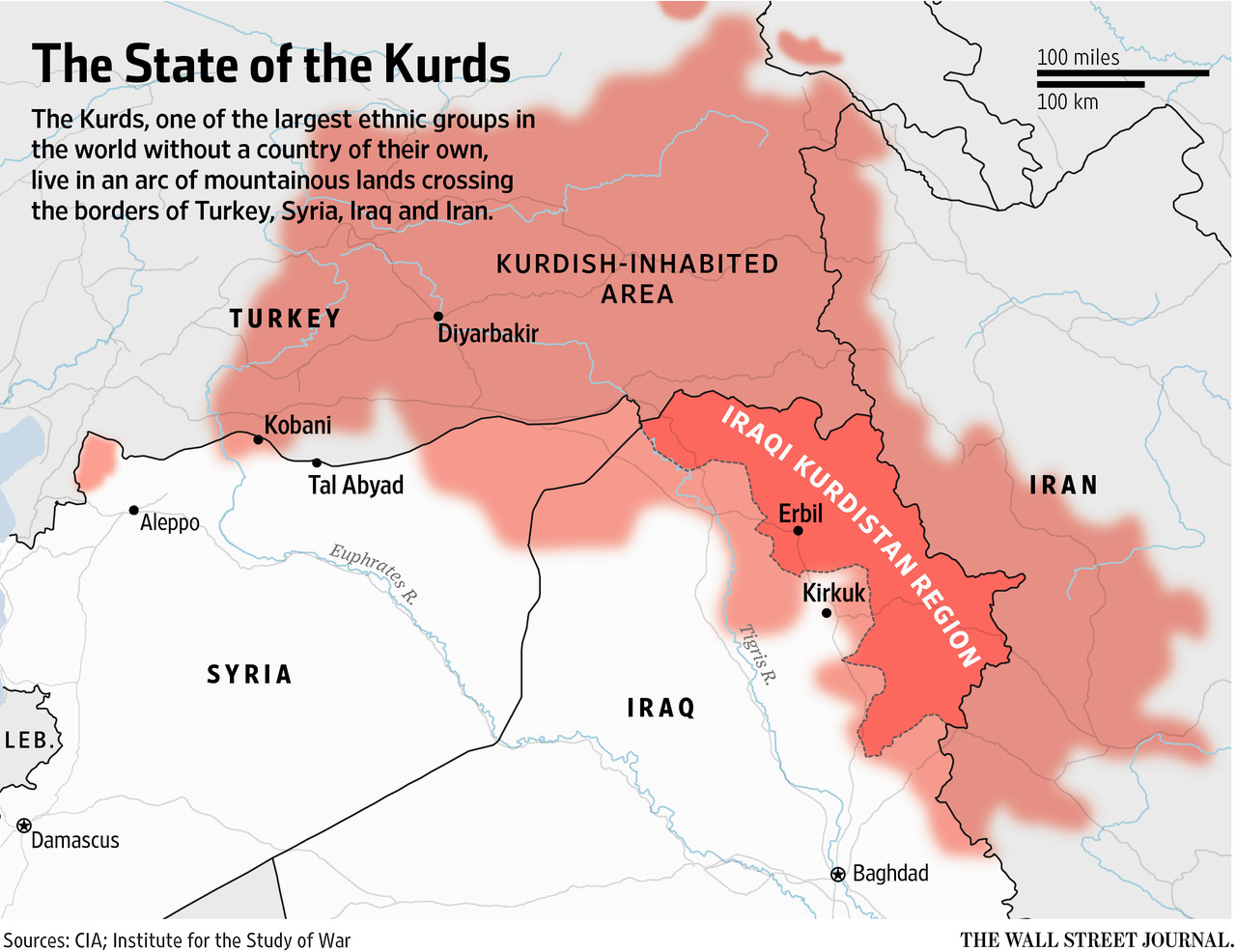Peter Bienart in the Atlantic:
As George W. Bush’s administration drew to an end, the brand of ambitious, expensive, Manichean, militaristic foreign policy commonly dubbed “neoconservative” seemed on the verge of collapse.
Yet, according to recent polls, GOP voters again see national security as more important than either cultural issues, or the economy. More than 75% of Republicans want American ground troops to fight ISIS in Iraq, and a plurality says that stopping Iran’s nuclear program requires an immediate military strike.
So it is no surprise that GOP presidential candidates have pledged a return of US combat troops in large numbers to the Middle East. Bill Barrow of the AP took a look at the specifics of plans by some of them:
Sen. Lindsay Graham, (R-SC) on “Face the Nation”:
I don’t see anybody on our side coming up with a robust plan that truly would destroy” the Islamic State militants
Graham has called for 20,000 American troops divided between Iraq and Syria. “You can’t do this through the air.”
Donald Trump said he would commit ground troops last Sunday on “Meet the Press”. Trump said that in order to cripple ISIS, he would “take away their wealth” by reclaiming oil fields the group has commandeered. When host Chuck Todd told him that would take ground troops, Trump replied, “That’s OK.”
Ohio Gov. John Kasich blasted ISIS on CNN’s “State of the Union“: (brackets by the Wrongologist)
All the religions of the world ought to stand up [and] say, ‘You blow up innocent men, women and children and you think you’re going to paradise? There’s something wrong with you. You’re nuts.’
Regarding ground troops, Kasich said he would deploy American forces only as part of an international coalition, saying: “I don’t want to go alone.”
Gov. Scott Walker of Wisconsin wouldn’t rule out US boots on the ground in Syria.
Jeb Bush said that ISIS is spreading like a pandemic and that the US may need to send more ground troops into Iraq to defeat it. Jeb maintains that defeating ISIS in Syria will require the overthrow of President Bashar al-Assad. Jeb says the way to remove al-Assad was to organize the “moderate” forces and have US troops on the ground in Syria:
Back them up as one force…And we should back that force up all the way through, not just in taking the fight to the enemy, but in helping them to form a stable, moderate government…It’s a tough, complicated diplomatic and military proposition, even more so than the current situation in Iraq. But it can be done.
His ignorance is startling. Something like 90% of rebel territory in Syria is held by the Support Front (Jabhat al-Nusra, an al-Qaeda affiliate), ISIS, and a few smaller groups associated with the Army of Conquest or the Army of Islam. The Army of Conquest recognizes al-Qaeda as part of itself.
That is, there are almost no moderates for Jeb to back in the overthrow of al-Assad. So what he is actually proposing is to turn Damascus over to al-Qaeda. He blames Obama’s reduction of US troops in Iraq for the rise of Islamic State militants. He perpetuates the myth that the surge worked in Iraq.
The problem with the GOP position on more ground troops is that the US had at some points, 160,000 US troops in Iraq, and they could not stop the civil war of 2006, nor could they defeat AQ. So why would 10,000 each for Iraq and Syria be able to pull this off?
Many people have run for President promising peace. This may be the first time that multiple candidates of one party has people running for President, promising war in a time of peace.
Can anybody really take this seriously? In 2003, a Republican president took a backwards, repressive but generally stable country, and turned it into a murderous chaotic nightmare of epic proportions.
And now, the GOP thinks they can take a country which is already a murderous chaotic nightmare, and magically resolve the situation into a peaceful, prosperous United States in Iraq and the Levant? By deploying more boots on the ground?
And the unstated theme of the GOP proposals to send US ground forces back is: Once our guys are there, local populations will shift their support to us, because we’re the good guys.
We tried this. It failed.
See you on Sunday.


